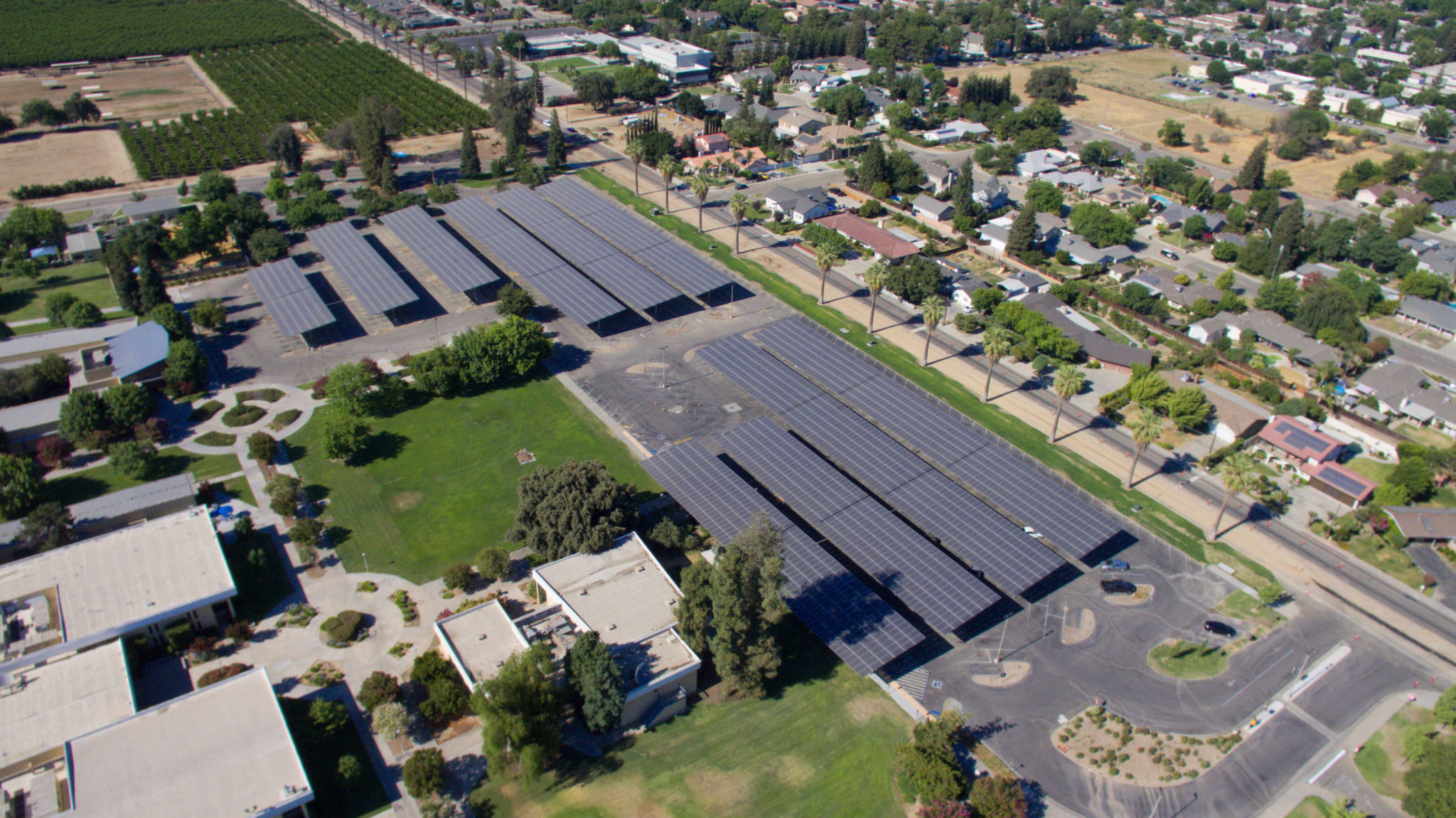
Although the idea was introduced centuries ago, solar power’s significance has skyrocketed during the past two to three decades. You may have heard about solar technology and how it is changing several industries. Are you wondering whether solar power is a good idea for your business? Continue reading this piece to learn everything you need to know about commercial solar.
Today, you find everything solar-powered, from vehicles to buildings. However, did you know that solar energy could mean the way forward for businesses in California and across the globe? It makes significant business sense.
For starters, commercial solar can help reduce energy consumption, lowering operating expenses. Installing solar panels for your business can provide much-needed peace of mind against the consistently rising costs. Besides, clean-energy technology offers several other benefits.
Let us get right into everything solar technology entails without further ado.
The Basics of Solar Power and Energy vs. Commercial Solar
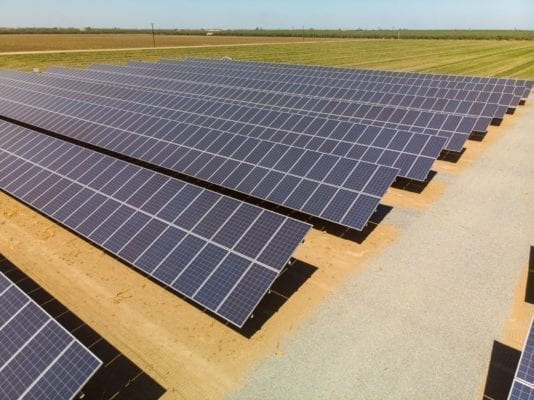
Before moving on to “commercial solar,” let us have a quick rundown of the basics of solar power and solar energy. Simply put, solar energy is usable energy generated via solar power.
Solar power refers to the ability to generate solar energy from the sun in the form of thermal or electric energy. There are various ways to capture solar energy, with the solar photovoltaic system (PV) being the most common one.
This method uses photovoltaic cells in transparent photovoltaic glass and solar panels. The PV system harnesses solar energy in the form of thermal energy. Essentially, the technology converts sunlight or the sun’s rays into usable electricity.
The solar photovoltaic system can provide energy for residential and commercial properties, such as electricity and power for air conditioning, security lights, etc. Additionally, it produces power for other tasks like electrifying fences, aerating ponds, and pumping water.
Typically, solar energy systems comprise several components, including wires, solar panels, battery storage, and inverters.
Solar cells make up the solar panels in the system. These cells capture rays from the sun to absorb energy. Then, the energy gets transported from the panels to the inverters. They use the direct current from the solar panels to turn it into alternating current for use. Inverters send the current to your commercial building to keep the lights, computers, and other electricity-powered appliances and systems running.
Ground-mounted solar panel fields are the best place to install solar panels in commercial settings. Solar panel fields help expand over massive land, powering multiple buildings simultaneously. They are excellent for large-scale businesses spread over several properties.
On the other hand, rooftop solar systems are also great for commercial use. They are ideal for businesses with large rooftop footprints, such as agricultural centers and warehouses. Like residential solar system installations, the roof solar panels supply power to run different operations. Unlike residential solar systems, commercial solar energy projects are installed on a larger scale.
What is Solar Net Metering?
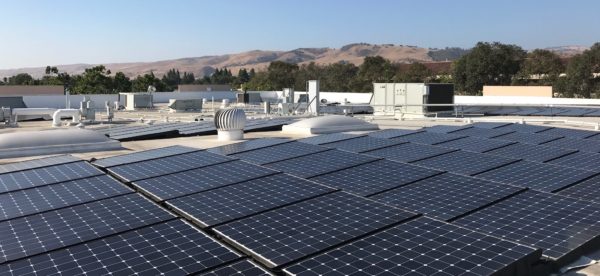
Net energy metering (NEM), or net metering, is a significant financial incentive for businesses going solar. It is a billing structure that benefits business owners because it is cost-effective and can reduce energy costs even further.
Net metering allows businesses to store energy in the electric grid. As solar panels generate surplus thermal or electrical energy needed to power the business, they send the excess energy into the electrical grid. In exchange, business owners receive credit for future power consumption.
For example, your solar PV system may generate more electricity than consumed during production- daytime hours when the sun is out. If you have a net energy metering billing plan for your business, the meter will run backward, providing a credit against electricity consumed during other periods, such as nighttime.
Businesses on NEM for their commercial solar only are billed for the net energy usage. The utility company will calculate the energy consumption annually as opposed to monthly. On average, only about twenty to forty percent of the solar output goes back into the electrical grid.
Usually, lower levels of exported solar power are consumed to meet nearby consumers’ power loads. NEM sells your unused power stored in the electrical grid for credit. Not to mention, net metering may help generate electricity more efficiently.
Are Solar Panels Operational on Rainy and Cloudy Days?
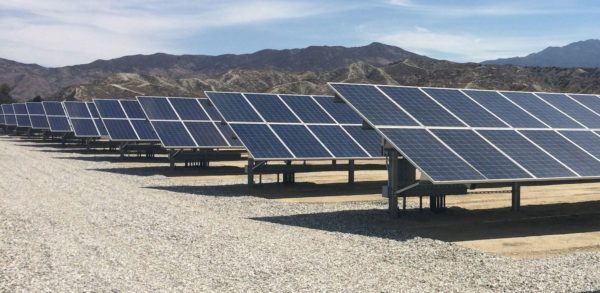
Solar systems use sunlight to produce usable electrical energy. You may wonder what happens when the sun is not out. After all, sometimes it rains for days on end in California. Where will your business receive electricity from when the sun hides behind the clouds for consecutive days?
Solar panels work fine on rainy and cloudy days, though they may not be as efficient. After all, they use direct sunlight to generate power.
However, solar panels do not stop working when weather conditions change. Why? Well, light powers the solar panels and not heat. In fact, high levels of heat may even reduce your solar panels’ efficiency. Thanks to technological advancements, solar panels undergo several tests to ensure the climate does not harm their efficiency or effectiveness.
The following tests are essential for the UL certification of solar panels.
- Damp Heat Test: This test induces stress from high temperatures and humidity. Damp heat tests test the solar panels for discoloration, corrosion, and connector issues.
- Humidity Freeze: This test combines high humidity and thermal cycling to test solar panels for delamination, cell cracks, and mechanical instability.
- Thermal Cycling: This test uses high and low temperatures to induce stress and test solar panels for mechanical instability and cell cracks.
Different Types of Solar Panels
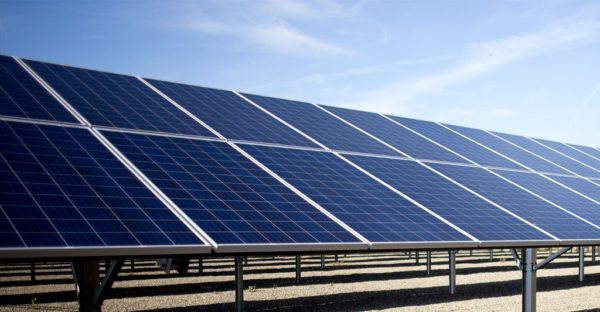
Multiple types of solar panels are available with different efficiency rates. Some solar panels may be more efficient than others. The types of solar cells utilized by solar panels distinguish the different types of solar panels.
Monocrystalline Solar Panels
According to experts, monocrystalline solar panels are the purest form of innovation. Their rounded edges and uniform dark color make them easy to differentiate from other solar panels. Monocrystalline solar panels are made with large blocks of silicon cut into wafer formats. In fact, their production method is the cause behind the name.
Advantages
- The high purity of silicone suggests high-efficiency ratings between 15 and 20 percent
- Require the least space for setup and installation
- Weather changes affect them significantly less than other options
Disadvantages
- Costlier than other solar panels
- High temperatures may decrease performance
Polycrystalline Solar Panels
Like monocrystalline options, polycrystalline solar panels are made with silicone. However, they are produced by melting multiple fragments of raw silicone rather than using a single block. The production method makes them cheaper as they are faster to produce. Thanks to their blue-speckled appearance, polycrystalline solar panels are easily recognizable.
Advantages
- The efficiency rate is between 13 and 17 percent
- More affordable than monocrystalline counterparts
- High-temperature tolerance allows them to generate more power throughout the year
Disadvantages
- More likely to have a shorter lifespan
- Low-efficiency rate than monocrystalline solar panels
How Many Solar Panels Does Your Business Need?
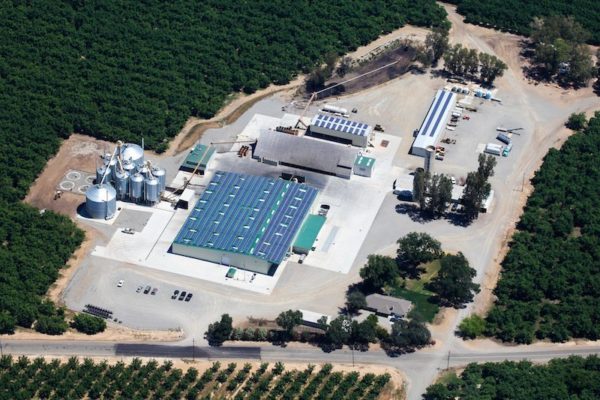
All commercial solar projects are different, though a few factors can help determine the number of solar panels required for your business. Let us see what might influence a business owner’s decision.
1. Electricity Consumption
Your business’s average energy consumption plays a significant role in determining the ideal number of solar panels. Usually, solar panel suppliers can give you a number by reviewing your half-hourly data and bills that can give insight into your existing energy consumption.
2. Roof Size
Your commercial property’s roof size is critical in determining the number of panels that can easily be installed for your business. Apart from the size, business owners should also consider roof stability to check how much solar panels’ weight can tolerate. Stability also helps determine the angling for solar panel installation.
3. Sun Exposure in Your Region
Direct sunlight is critical to the efficient operation of solar panels. The amount of energy generation often depends on the hours of sunlight you get in your region. Varying sunlight in different areas can affect the number of solar panels required.
Advantages of Commercial Solar
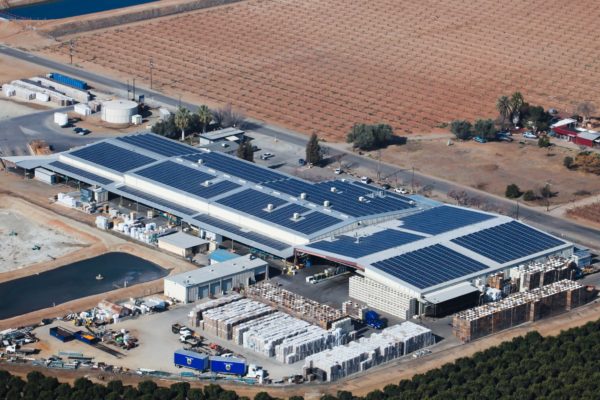
Commercial solar systems offer several perks for small and large-scale businesses. Switching to solar is a sensible decision, considering the rising energy costs. Here are some benefits of commercial solar you will enjoy after installation.
Solar Income: Net metering allows you to sell additional surplus solar energy for solar income.
Low Carbon Footprint: Solar power reduces your carbon footprint, benefiting the environment.
Cost Savings: Clean electricity requires nothing more than sunlight to generate power; you only need to invest once.
Improved Energy Security: Being less dependent on the national grid makes your business less vulnerable to power outages.
Commercial Solar Energy Solution for Businesses
Commercial solar is a reliable energy source to power businesses in California. It is most effective in summer when the days are longer and more sunlight is available for electricity generation. Get in touch with Coldwell Solar to learn more about commercial solar power.

